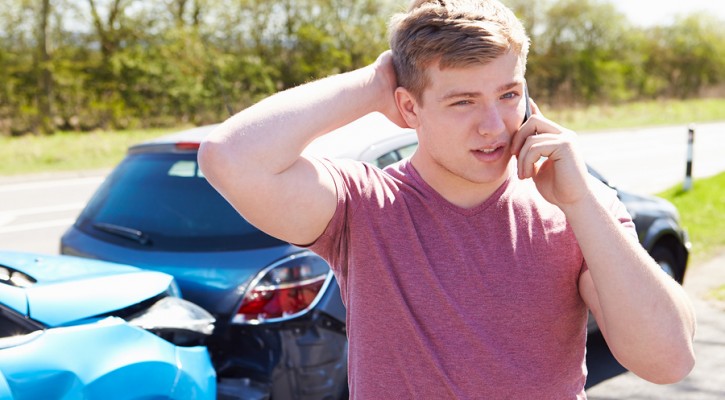
How to Handle a Car Accident
March 24, 2014
As a beginning driver, it’s best to be prepared for anything and everything. On the top of that preparedness list should be learning how to deal with a car accident. If you’ve been involved in a crash and aren’t seriously injured, then follow this 7-step guide.
1. If possible, move the car to a safe area, such as the shoulder of the road. If the car is too damaged to move, then turn on the hazard lights immediately to warn oncoming traffic.
2. Stop the vehicle and get out, but only if it is safe to do so.
3. Check to see if who is involved and if anyone is hurt. Immediately call 911 if somebody has been injured. Even seemingly minor aches and dizziness could be a sign of something more serious.
4. Call the police. This will provide an objective report to prove who, if anyone, is truly responsible for the crash. If the police can’t make it to the scene, then file an accident report through your state’s DMV.
5. Exchange Info. You will need to get all the information necessary to file a report with your insurance company. Likewise, the other driver will need to have all of your information for their insurance company. This includes:
- Driver and passenger names
- License plate numbers
- Insurance info
- Makes and models of all the vehicles involved
- Contact info for any eyewitnesses
- Location of the accident
- Name and badge number of responding officers
6. Document the Scene. Snap some pictures with your phone or camera. They will come in handy during the claims process.
7. File your insurance claim.
At this point, there are a few different routes to take. Depending on your insurance policy, a tow truck and rental car may be available to you for free or at a discounted rate. If the car is safe to drive, then you can drive home or straight to a mechanic for repairs. Dealing with the aftermath of a crash is never fun, but handling it the right way is sure to make your life little bit easier.
